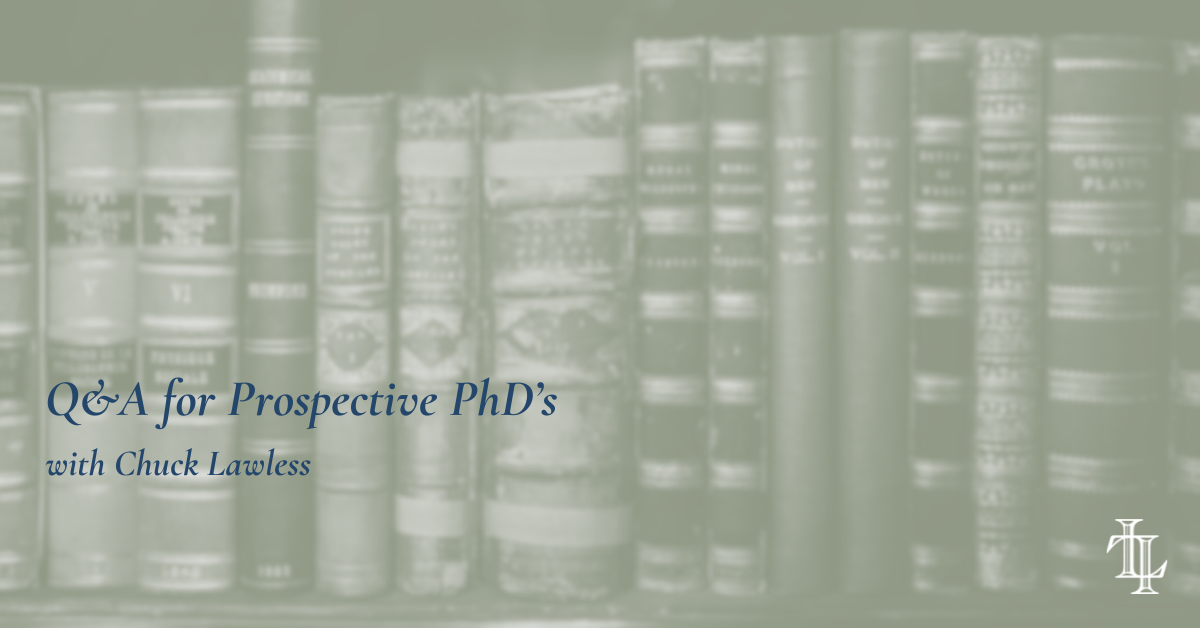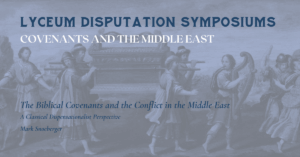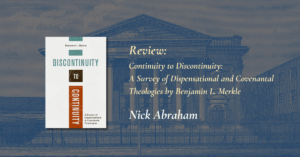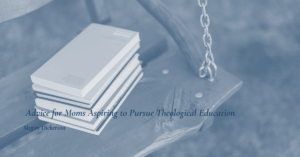Editor’s Note: For the next few weeks, the Ledger will feature articles from current professors in academia offering advice to prospective PhD students considering doctoral work. Each article will be followed by a critical book review on one of the books that the professor recommends that every PhD student should read. The LL team hopes this series will provide answers to common questions that aspiring PhD students have when considering taking the next step in their theological education.
How did you enter into ministry in the academy/desire to pursue a PhD?
I knew when I was in kindergarten that I wanted to be a teacher. When the Lord later saved me at age 13, my Christianity then began to influence that desire. I pastored a church for 14 years, but my desire to teach never left. In fact, it only grew through my ministry experience as I began to desire to train others to do this important work. Earning my PhD was a necessary step in that direction, but it was also a means to simply be better prepared to do God’s work.
How is educational ministry indeed a ministry that can serve the church? We are preparing men and women for ministry in the local church and in the mission field. Of the ten students who were in my PhD cohort as a student, only two of us are currently serving full-time in academia. Most of them are now serving as pastors or denominational servants. That’s what we do through teaching our various disciplines: we are equipping church leaders at the highest level via our passions in ministry (in my case, applied theology through evangelism and missions.) God is so great, and his work is so important that it seems logical that we would want to get all the training we can get to serve the church well.
How did you develop your research interests?
Frankly, I wrestled here because I wanted to study everything when I first thought about PhD work. I considered the concentrations of Preaching, Counseling and Pastoral Care, and Church History before I settled on Evangelism and Church Growth, with minors in Christian Missions and American Church History. I landed in the latter concentrations because I wanted to work in the area of my greatest passion: to get the good news to our neighbors and the nations. As I note below, I also developed an interest in spiritual warfare, and PhD studies provided an opportunity to combine these interests.
Tell us about your publications and current research.
During my PhD studies, I developed an interest in how Satan and his forces seek to hinder evangelism and missions. That particular interest has now led to my writing several books or Bible studies on this topic: Spiritual Warfare: Biblical Truth for Victory, Putting on the Armor, Discipled Warriors, Spiritual Warfare in the Storyline of Scripture, Victory over the Enemy, and The Battle is Not Mine. A corresponding topic of interest is discipleship and prayer, perhaps most clearly illustrated in my books, Nobodies for Jesus, Disciple, and The Potential and Power of Prayer. I am currently working to revise Nobodies for Jesus to make it a forty-day study on how to live a Great Commission lifestyle that points to Jesus alone.
What advice do you have for beginning PhD students or students who desire to research and write well?
Three things come to mind. First, your major area of study should be some area that (1) wakes you up in the morning because you’re excited about it and (2) keeps you awake at night because you can’t stop thinking about it. When you have that level of passion for your subject, you will press on in PhD studies when they become heavy. Second, recognize that PhD-level research and writing require a level of study students have seldom experienced. For that reason, always be ready and willing to learn. Third, get to know the professors in your program. Doctoral studies give you opportunity to be with professors in the context of personal conversations and small seminars, so don’t miss the opportunity to learn from them. Invite professors to lunch. Meet them via Zoom or Teams. Learn from them directly.
What excites you about your field?
My field is a practical field, but it relates to a primary work of the church: getting the gospel to our neighbors and the nations. The Scriptures are its message. Theology, church history, communication, contextualization, apologetics, and other areas of study inform it. Because the world is ever changing, my discipline requires me to strive continually to study culture and understand generations as we seek to lead people to the Lord and then train believers to be evangelistic themselves.
What is one book that you wish every PhD student in your field would read?
Several come to mind: J.I. Packer’s Evangelism and the Sovereignty of God, Michael Green’s Evangelism in the Early Church, and Robert Coleman’s Master Plan of Evangelism.
Author
-
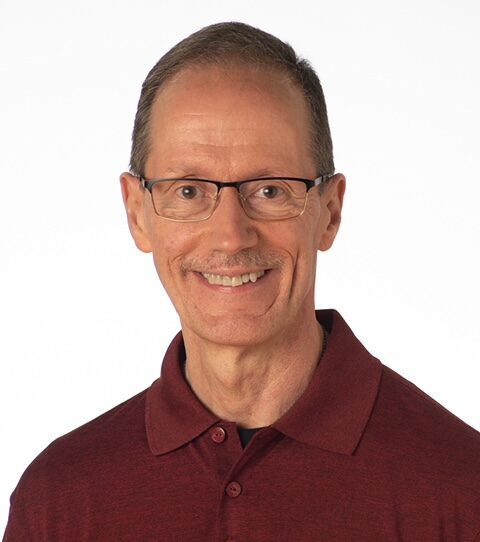
Dr. Lawless currently serves as Senior Professor of Evangelism and Missions, Dean of Doctoral Studies, and Vice-President for Spiritual Formation at Southeastern Seminary, where he holds the Richard & Gina Headrick Chair of World Missions. In addition, he serves as Team Leader for Theological Education Strategists for the International Mission Board. He and his wife, Pam, have been married for more than 30 years, and they reside in Wake Forest with their Aussie Shepherd, Max.
View all postsRecent Posts
